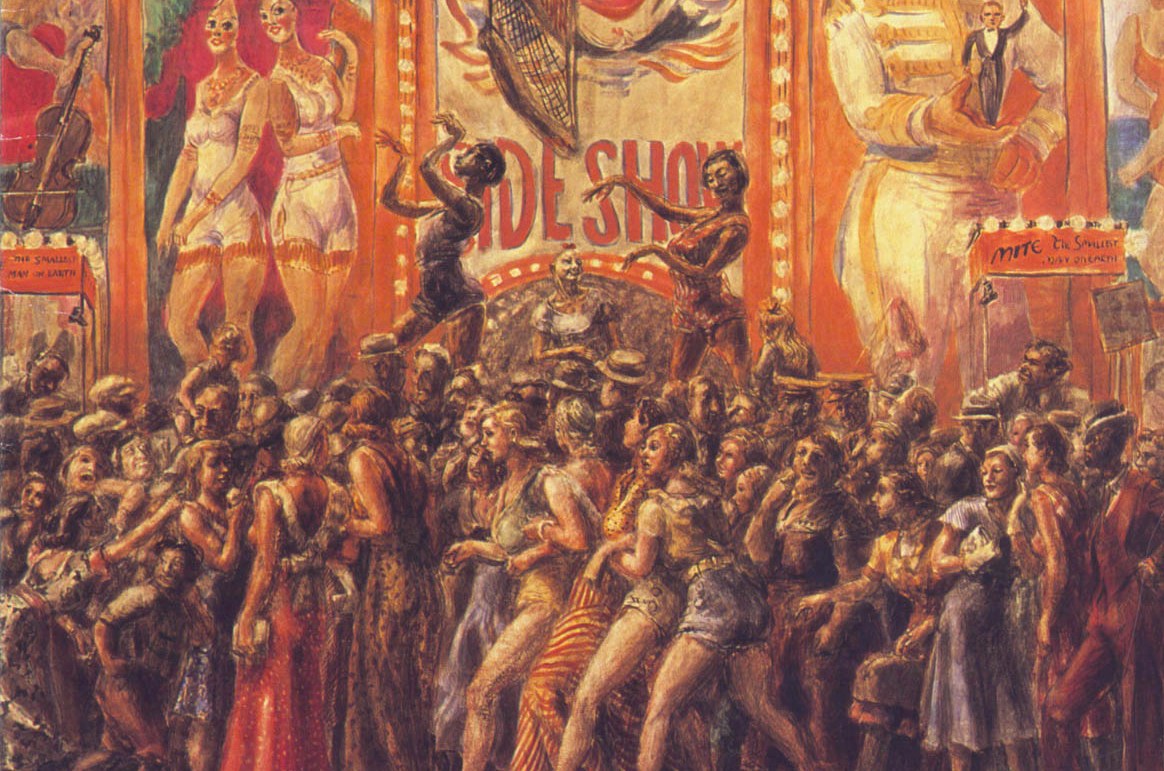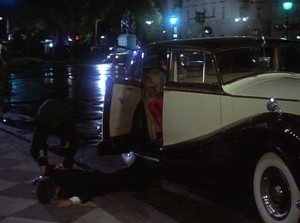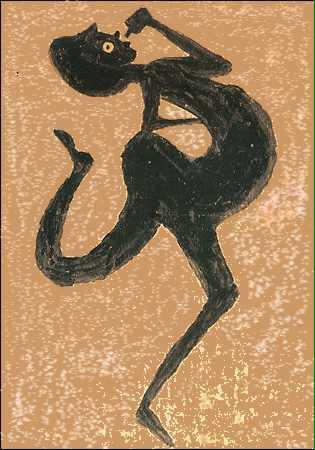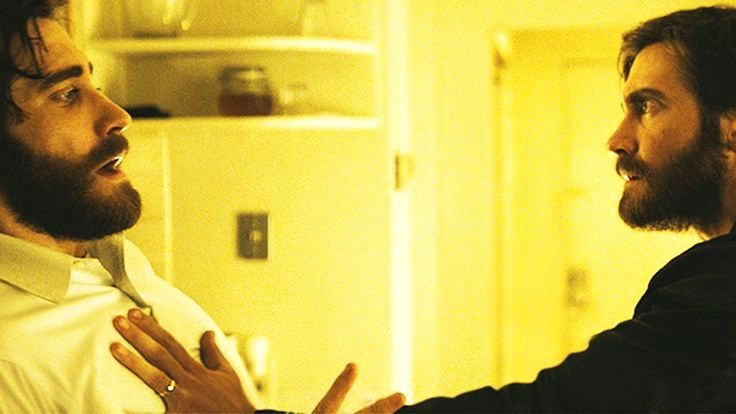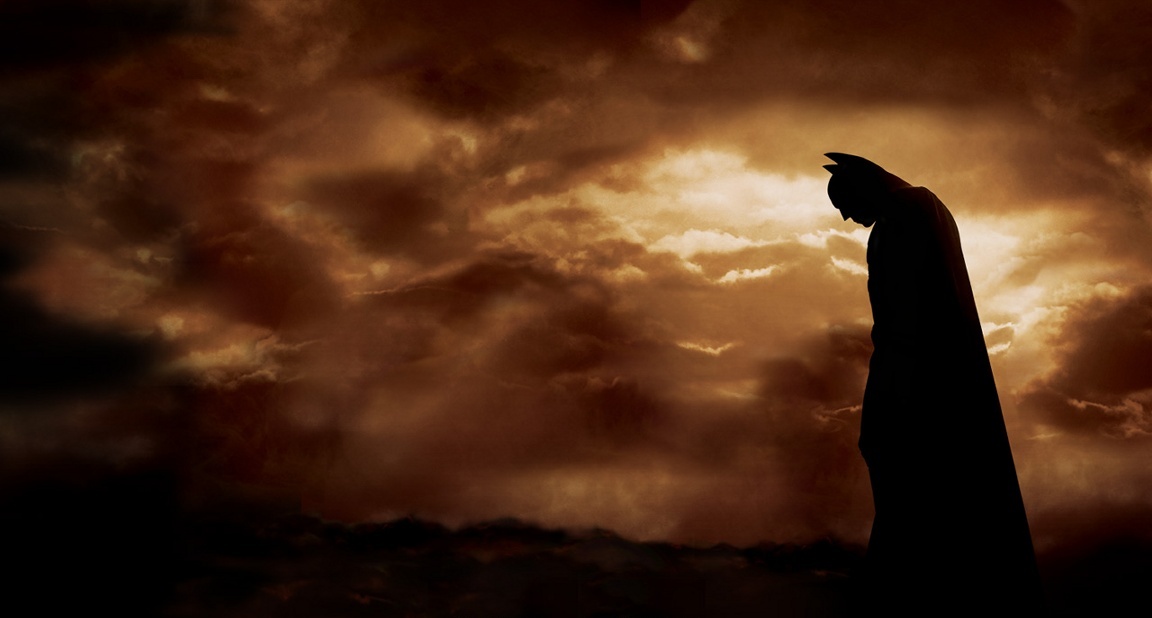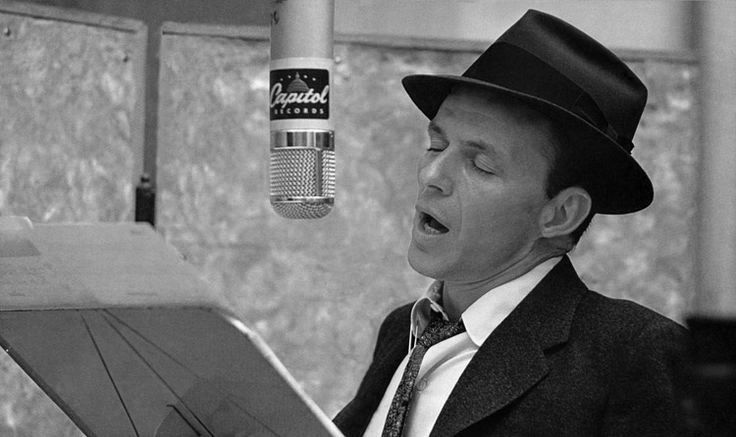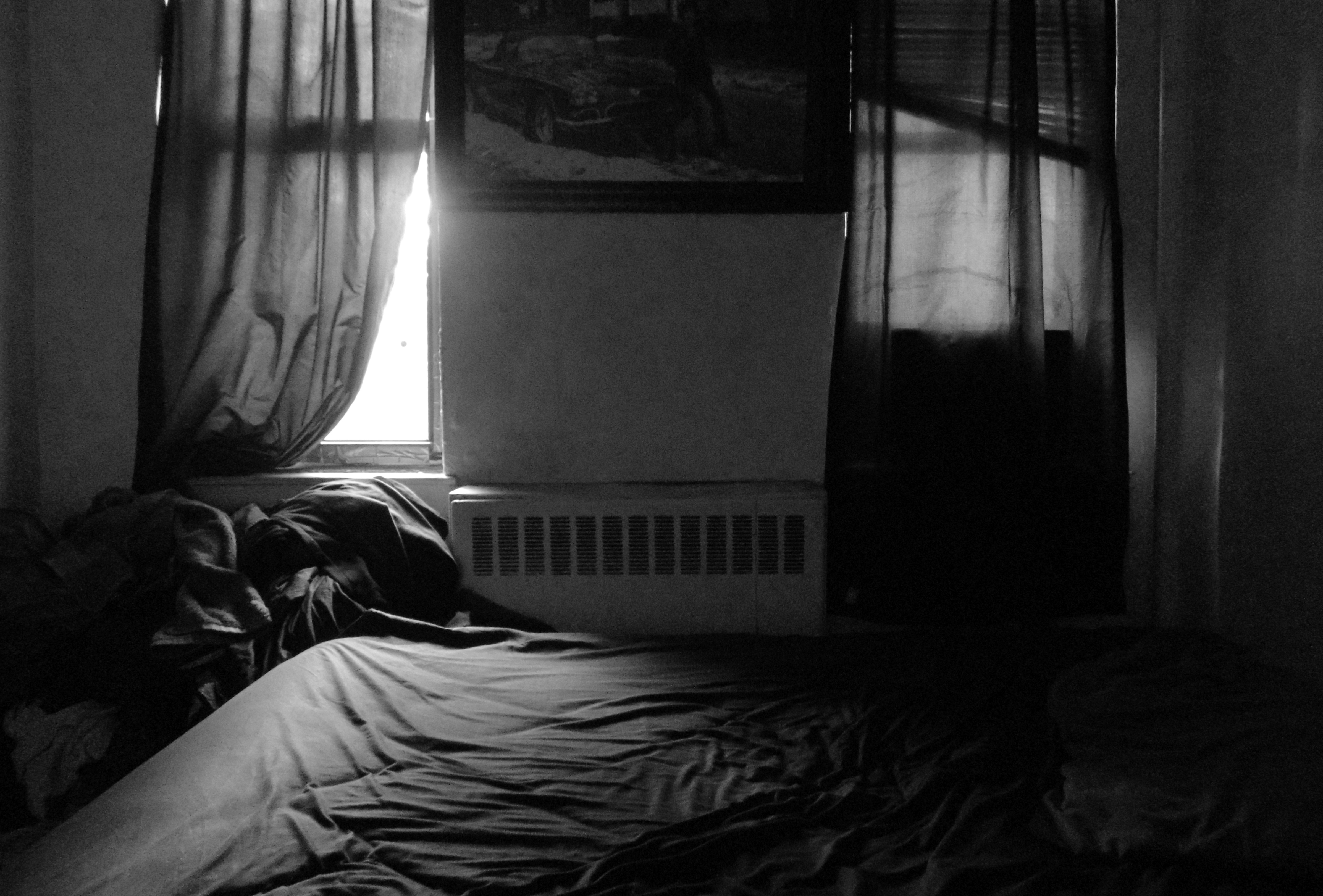 The decline had been occurring over days – a heat wave during which I had continued going out every evening. Drinking was my respite. I had become so embroiled in the bar culture I dared not miss an outing … an outing where Petra or Marta or Tara or Erin or half-a-dozen others might be available for a fling. I had become obsessive and chauvinistic and hurtful and proud, my behavior so obscene that I had invited two girls back from the Fairview one night, with one arriving just after I had fallen asleep inside the other. I was self-medicating, addicted to the reinforcement one derives from dishing the dirt. I had grown more eligible, an available target for aspiring females who were excelling at a similar game. We were exchanging one another; we had become trading cards. I was 23, and my endurance was beginning to falter. One night toward the end of July, I had arrived at the apartment completely bloodied. “Something happened to me,” I had explained to one of my roommates. Whatever it was, I couldn’t recall.
The decline had been occurring over days – a heat wave during which I had continued going out every evening. Drinking was my respite. I had become so embroiled in the bar culture I dared not miss an outing … an outing where Petra or Marta or Tara or Erin or half-a-dozen others might be available for a fling. I had become obsessive and chauvinistic and hurtful and proud, my behavior so obscene that I had invited two girls back from the Fairview one night, with one arriving just after I had fallen asleep inside the other. I was self-medicating, addicted to the reinforcement one derives from dishing the dirt. I had grown more eligible, an available target for aspiring females who were excelling at a similar game. We were exchanging one another; we had become trading cards. I was 23, and my endurance was beginning to falter. One night toward the end of July, I had arrived at the apartment completely bloodied. “Something happened to me,” I had explained to one of my roommates. Whatever it was, I couldn’t recall.
I fell ill the first week in August, one night toward the end of my shift. My skin ran gaunt, my eyes severely jaundiced. A girl who I had a crush on told me I needed to go home and rest. This was the night of Mike’s party – the house party, the one where that girl and I had all but agreed to get it on. I would be fine, I assured myself. I would eat a cheesesteak and then I would be fine. Only my stomach kept doing somersaults, and I lacked the fortitude to call in my order. And so I went home and lay on my bed. And my belly began to hiccup just like a pile of broiling waste.
Around 2 AM I phoned Mike to let him know I could not make it to his party. Mike offered to drive me to Burdette-Tomlin, but I refused. I was entrenched now, an amplified version of that iatrophobe I had initially become as a child. Despite concerns, I had not submitted to any type of a physical in well over a decade. And so I lay there, on my back, and I experienced a series of fever dreams. I kept drinking water. I started to vomit around dawn.
It was morning now, a Saturday in August – one of the biggest money nights of the year. And the question became one of whether I would be able to make it into work. I had never called out sick. And it didn’t matter that I felt depleted or that my body kept alternating between spasms and chills. What mattered was perception, and the perception was sure to become that I was a drunk. The numbers at Bill’s Concessions kept dipping, in part because I kept scheduling myself off two nights of the week. My promotion had proven a liability, a perennial drain on whatever cost-benefit
still remained.
Just short of noon I made the call. Perhaps this is a reckoning, I reasoned, some dark-end path meant to lead me to the main. I had bottomed out, no question. I was existing in a sandbox, perfecting circles in my brain. A handful of my friends were applying for first mortgages. They were driving fancy cars and they were getting engaged. I was still eating my dinner out of a grease-covered bag, inappropriately flattered by rumors I had gotten addicted to cocaine.
By 3 PM I had transitioned into bargaining, faxing terms off to a god that didn’t exist. There was a bucket sitting next to me alongside a Slurpee cup that I had filled with water. My lower-back was in a state of trauma; the soggy bedsheets smelled like urine.
My father arrived around dinnertime. “Hel-lo?” I could hear him calling at the door. I got up and I let him in and we went into the living room and we talked. My father was in town for the weekend, he explained, and he had gone up to the boardwalk looking for me. “You sure you don’t want to go out for a nice dinner?” my father kept saying, to the extent where it felt odd having to re-turn him down. This was how it had often been between the two of us, mutual frustration obfuscating concern. My father went out and he bought me an electric heating pad from CVS. He returned unexpectedly an hour later with a carton of ice cream he had bought me from the store.
It was dark now and it was cooler. I had watched the day-time shadows wax and wane across four walls. I was eating ice cream in bed, the second verse of John Mellencamp’s “Check It Out” playing on repeat in my head. I can make it into work tomorrow, I reassured myself. The fresh air will do me good. I hadn’t thrown up since 4 PM, this despite leaning my face over a bucket several times. Outside I could hear the echoes of late-night announcements across three piers – “15 minutes to get that last ticket for that last ride of the evening,” followed by, “Mariner’s Landing is now closed.”
I shut my eyes, considering the irony that I had taken ill during the least fashionable bar nights of the week. I fell asleep from 3 to 7. I took a shower and pulled the sheets off my bed. I made a breakfast sandwich, which I ate in tiny bites. Before leaving for work, I put the bucket and the Slurpee cup outside on the back porch. There was nothing but a few spare grains of sand in
either one.
Day 1,315
(Moving On is a regular feature on IFB.)

